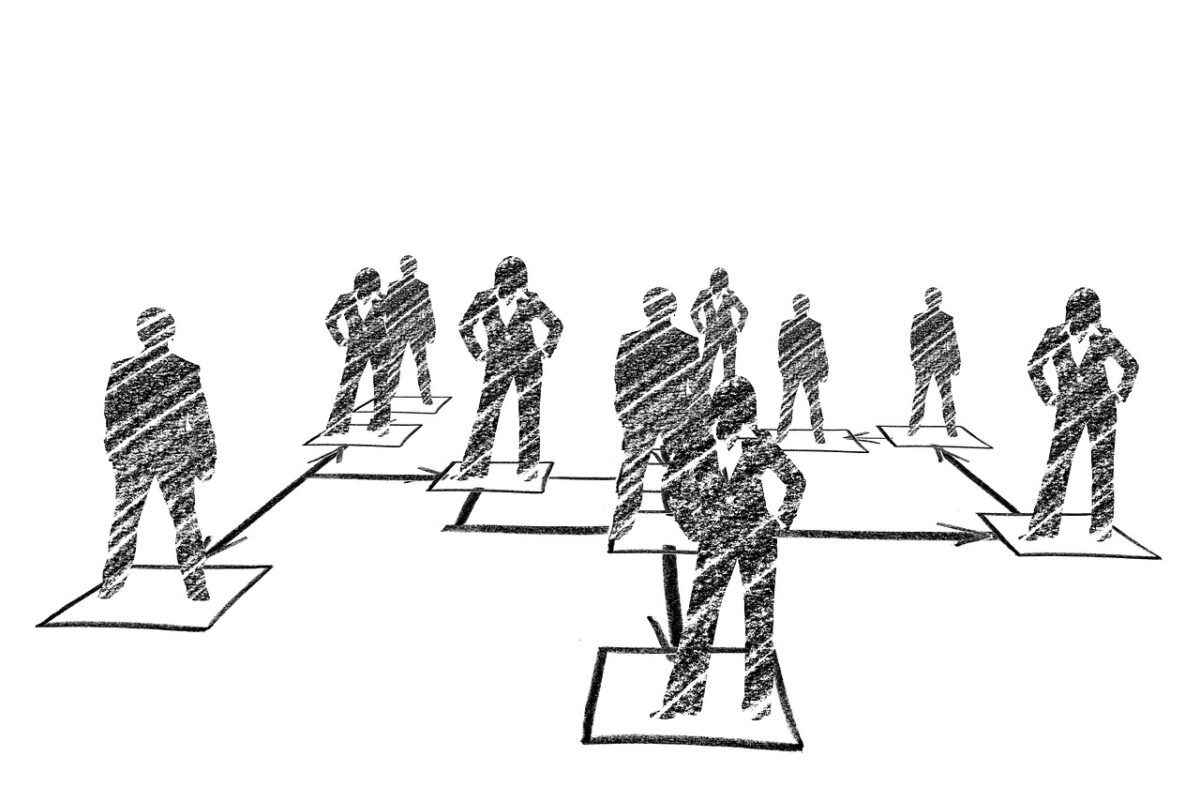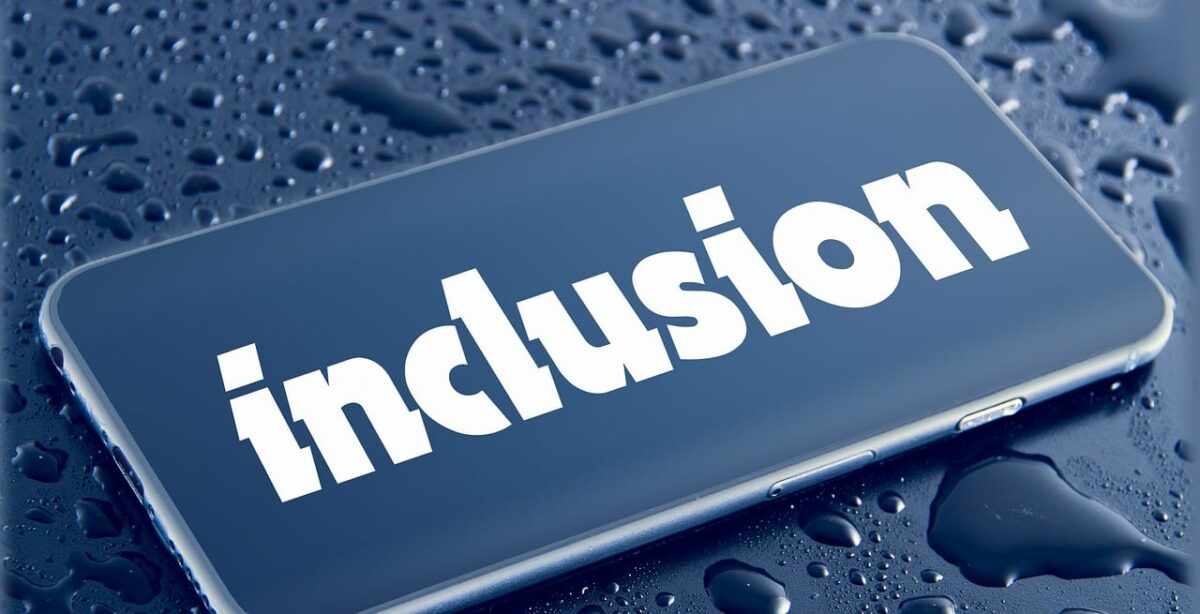What Communication Skills To Include In A Job Description

It is hard to think of an industry or business that does not thrive or falter off the back of its communication. Companies whose employees and leaders have strong communication skills tend to rise to the top through mechanisms such as effective internal collaboration, high customer satisfaction, motivation, responsiveness, and cohesion, with all staff working toward the same goals. So, it is hardly surprising that you, as a business owner or recruiter, are looking at how to hire employees with the best communication skills. Achieving this goal starts with choosing the communication skills to include in the job description.
When writing a job description, you will need to consider verbal communication skills and nonverbal communication skills. You should also factor in how these might be affected by technology. Thirty years ago, written communication probably meant sending a fax or handwriting a letter. Traditional communication skills are still vital in today’s digital age. Still, they are leveraged across email, instant chat, and Zoom meetings, with spelling proficiency and grammatical accuracy handled by applications such as Grammarly. Therefore, we encourage you to write job descriptions that include not only the top communication skills but also the setting or technology under which they are delivered.
Quick Links:
- What Are Communication Skills?
- Most Important Communication Skills
- All Verbal And Written Communication Skills Examples
- Effective Communication Skills FAQs
Highlights And Key Takeaways:
- Strong communication skills facilitate good communications on the job site, leading to effective collaboration, team cohesion, higher staff motivation, and improved responsiveness.
- Top communication skills include active listening, clarity, confidence, honesty, body language, openness, public speaking, and respectfulness.
What Are Communication Skills?

What are good communication skills?
Communication skills are the individual’s ability to relay or receive information. It is vital to remember that communication is a two-way street, and both sides are essential to avoid misinterpretation. Outstanding employees can give information (written or verbal communication) and receive information (active listening/reading body language).
Communication skills are often likened to soft skills and interpersonal skills, and bringing these together in the job description is vital. Hiring managers will receive better candidates, making job interviews all the more effective.
We have touched on several topics here that you may want to investigate further. You can do so by visiting our interviews hub or reading our articles:
- What To Include In A Job Description
- What Soft Skills To Include In A Job Description
- What Interpersonal Skills To Include In A Job Description
Most Important Communication Skills

When recruiting employees, it is crucial for workplace success for individuals to have strong communication skills. So, what are the most crucial communication skills?
Excellent communication skills example
When looking at ‘What is communication skills?’ It can help to prioritise the most crucial. We have categorised the most sought-after communication skills below:
ACTIVE LISTENING SKILLS
Active listening skills are vital in roles such as customer services (helping customers feel heard) and sales (listening for opportunities and needs). Active listening is also an important communication skill for interacting with managers and colleagues alike.
Being a good listener includes paying attention, so the other person’s point is understood. You can request active listening in your job description and test for active listening during the candidate’s job interview. Are they maintaining eye contact, and do they respond appropriately to your interview questions?
CLARITY
Clarity is about how the person can convey information and share ideas. It is an excellent inclusion in the skills section of your job description and easy to test for in a job interview. Does the applicant use lots of jargon, present complicated answers to simple questions, and is the answer complete, or do you need to ask for further information?
CONFIDENCE
Confidence transcends verbal communication, non verbal communication, and visual communication. It can be displayed through tone of voice, be evident on a well-written CV or cover letter, or appear lacking if the person stumbles over their words. It is required to convince customers, make sales, and communicate effectively with colleagues.
HONEST COMMUNICATION SKILLS
Honesty is an important element of good communication; potential employers should include it in their job descriptions. Honesty and transparency are particularly relevant within teams to nurture a good company culture and take responsibility for mistakes and actions.
NON VERBAL COMMUNICATION SKILLS AND BODY LANGUAGE
Being able to read body language and nonverbal cues, such as facial expressions, eye contact patterns, and hand gestures is advantageous in many roles and circumstances. Individuals can see beyond what is being said, which is essential to emotional intelligence.
OPENNESS AND APPROACHABILITY
Open-mindedness and approachability are the hallmarks of a good communicator. Including it in your job descriptions will help you build or maintain a good team, ready to collaborate or display empathy.
PRESENTATION SKILLS AND PUBLIC SPEAKING
Good presentation skills and public speaking are extremely valuable for employers to seek out. Adding it to job descriptions will bring in candidates who can present ideas, which shows planning, or become a future team or company leader.
RESPECTFULNESS
A cohesive team and satisfied customers only occur when respect exists. Actively listening to a person’s message, allowing others to initiate conversations, responding appropriately, and using tone of voice all contribute to respectfulness as a communication style.
VERBAL COMMUNICATION SKILLS
Excellent verbal communication skills appear in job descriptions more often than other soft skills. Oral communication skills are a must for building rapport, customer service, teamwork, and much more. Whether recruiting a restaurant server or a teacher, it is hard to excel without this important skill.
WRITTEN COMMUNICATION SKILLS
Good communication skills are not complete without writing skills. Almost every job requires at least some writing, from completing reports to responding to customer emails. Writing skills can also be fundamental to job descriptions for copywriters, journalists, and marketing professionals.
All Verbal And Written Communication Skills Examples

We have so far uncovered core communication skills examples you might include in your job description. However, there are many others you may want to add that can be very relevant to a particular role, work environment, customer type, or team make up.
Here is a list of 100 communication skills:
- Active listener
- Active listening
- Assertiveness
- Awareness
- Body language
- Caring
- Charisma
- Charismatic
- Coaching
- Comforting
- Communication skills
- Compassion
- Confidence
- Constructive criticism
- Constructive feedback
- Consulting
- Conversation
- Counselling
- Creative
- Creativity
- Cultural awareness
- Curiosity
- Customer service
- Diplomacy
- Dynamic
- Emotional intelligence
- Empathetic
- Empathy
- Encouraging
- Eye contact
- Facilitating
- Flexibility
- Focus
- Friendliness
- Giving feedback
- Honesty
- Humour
- Influence
- Informing
- Inquiring
- Inspirational
- Inspiring
- Instructing
- Interviewing
- Investigating
- Kindness
- Leadership
- Lightheartedness
- Listening
- Mediation
- Mentoring
- Mindfulness
- Motivational
- Negotiation
- Networking
- Non verbal communication skills
- Open mindedness
- Openness
- Oral communication skills
- Patience
- Paying attention
- Personable
- Persuasion
- Planning
- Politeness
- Political awareness
- Positive attitude
- Positive reinforcement
- Positivity
- Presentable
- Presentation skills
- Public speaking
- Questioning
- Rapport
- Receiving feedback
- Reflection
- Relatability
- Relatable
- Relationship building
- Relationship management
- Researching
- Respectfulness
- Self motivation
- Self reflection
- Sensitivity
- Social skills
- Speaking
- Sympathy
- Tact
- Tactful
- Tactfulness
- Team working
- Tolerance
- Tone of voice
- Trustfulness
- Truthfulness
- Understanding
- Verbal communication
- Visual communication
- Written communication skills
Further Resources For Employers
If you are a business owner, hiring manager, or Human Resources professional, these further resources will be invaluable:
- What Are The Duties, Tasks, And Skills To Include In Job Descriptions
- What Hard Skills To Include In A Job Description
- How To Define What People Do In Their Jobs
To start advertising for the skills you need, check out our job advertising packages, starting from £199.
Effective Communication Skills FAQs
Here we answer your questions on including communication skills in your job descriptions.
The 7 Cs of communication are:
1. Clear
2. Concise
3. Concrete
4. Correct
5. Coherent
6. Complete
7. Courteous
Good communication skills are fundamental to roles such as customer services and sales. However, it is hard to think of any job that does not require effective communication skills for interacting with colleagues, managers, clients, or suppliers.
10 communication skills examples that will help you hire candidates with good communication are:
1. Active listener
2. Body language
3. Clarity
4. Confidence
5. Honesty
6. Open mind
7. Presentation
8. Respect
9. Verbal communication
10. Writing skills
Communication skills are an amalgamation of various abilities that are crucial for both personal growth and professional success. These skills encompass not just the words we choose, but also our nonverbal communication, such as body language and facial expressions, which can often convey more than verbal language. To improve your communication, it’s essential to give your full attention to the person you’re speaking with, whether it’s during a team meeting or a casual conversation with a colleague. This practice helps build relationships with co-workers, fostering an environment where top talent thrives.Moreover, in professional settings, effective communication skills are equally important. They are a key part of your job application, from crafting a compelling cover letter to articulating your leadership skills to prospective employers. These skills are vital in demonstrating your ability to lead and work within a team, contributing to the long-term success of an organisation.
In summary, communication skills are a blend of verbal and nonverbal cues, attentive listening, and clear, concise articulation, all of which are integral in building professional relationships and advancing one’s career.


